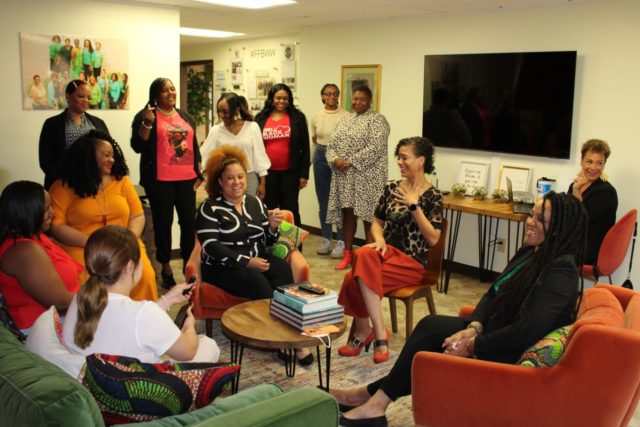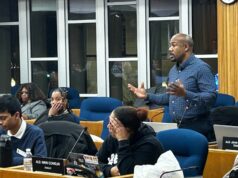“Not another Black woman” is the message that comes through loud and clear when staff members walk through the doors at the Foundation for Black Women’s Wellness (FFBWW), a Madison-based non-profit organization that aims to raise awareness and support Black women’s health as a community and public health priority.
As one of the worst-ranking states in the nation for racial inequalities, Wisconsin has seen a range of disparities, from poverty, unemployment, education, and incarceration, affecting Black, Indigenous, people of color, and other marginalized communities. Along with these factors, health disparities are among the issues that affect BIPOC communities, especially, Black women. One of the most common health disparities seen in the state is the high rates of mortality in Black infants and Black mothers, who experience it five times higher than white mothers, making Wisconsin a state with one of the worst records in racial health disparities.
Although Wisconsin serves as a leading state in racial health disparities, these issues are present across the nation as Lisa Peyton-Caire, the founder, president, and CEO of the FFBWW, saw the need to create an initiative in the state of Maryland that sought to advocate for and support Black women and their health. What pushed for the initiative that eventually led to the creation of the FFBWW was the way that health disparities played a role in Peyton-Caire’s own life after her mother and other Black women around her passed away from various health conditions.
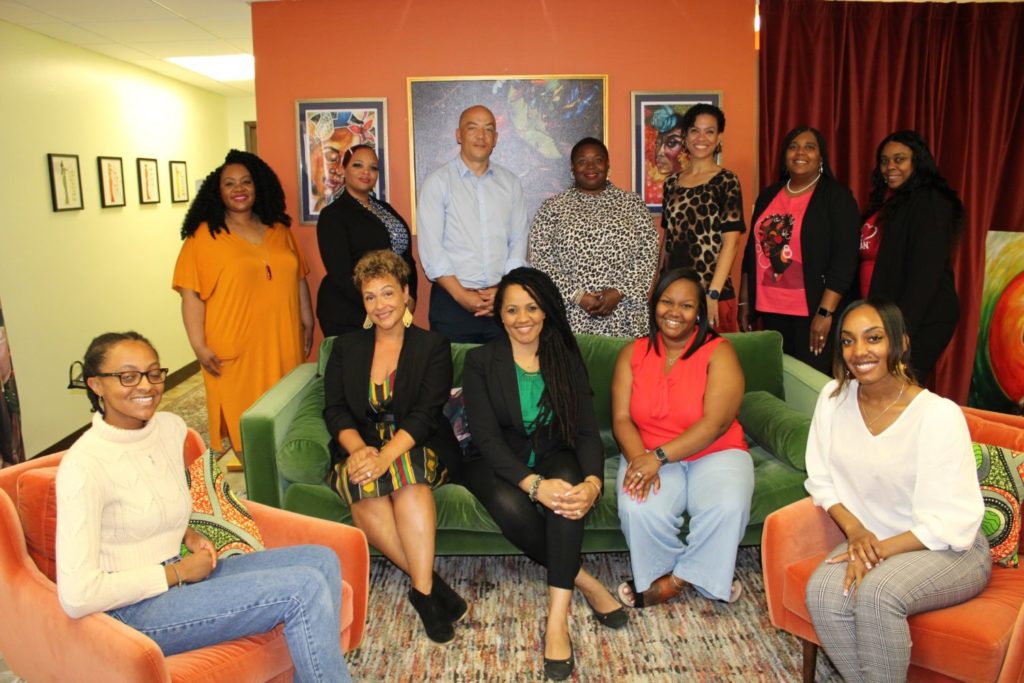
“I lost my mother in 2006 at the age of 64 from congestive heart failure. And that early experience really was not the exception, but the norm of what I witnessed over the span of my life of beautiful, committed family loving, hard-working Black women, like my mom, dying in the prime of their life from mostly preventable illnesses in their 60s, 50s, or 40s,” Peyton-Caire told Madison365.
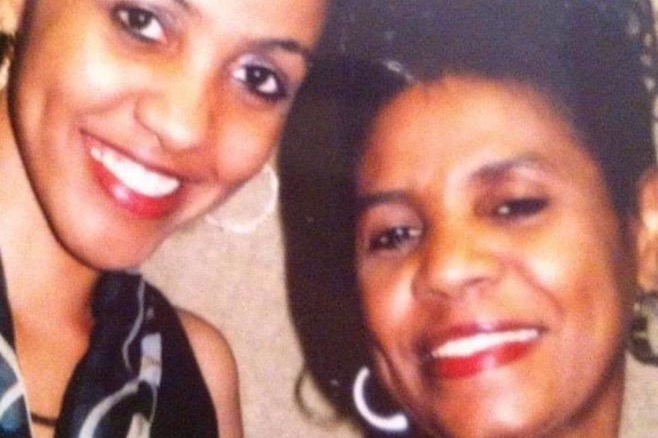
In 2009, three years after her mother’s death, Peyton-Caire started an event known as “Black Women’s Wellness Day” in Maryland, which served as a starting point for Black women to rally together and begin the conversation on why the experiences of loss and poor health were all too common among the community. Not only did Black women gather to talk about ways to secure and improve their own personal health, but they also held conversations on the bigger picture of the inequities experienced when accessing opportunity, and the resources needed to be healthy, thriving, and free. This initial conversation grew over the next several years and became a movement that pushed for advocates to help build a new vision for Black women’s health.
In 2011, Peyton-Caire moved to Madison and brought the initiative with her, since she knew it was important to start conversations surrounding Black women’s health and the racial disparities affecting them due to the high rates of racial disparities in the state. After turning to the community to better understand the terrain, Wisconsin’s first Black Women’s Wellness Day was held in 2012. While there was an outpouring response to the one-day event, Peyton-Caire knew that with Wisconsin’s climate, a one-day event wouldn’t be enough to continue to support Black women in the state and potentially help close the gaps in racial health disparities.
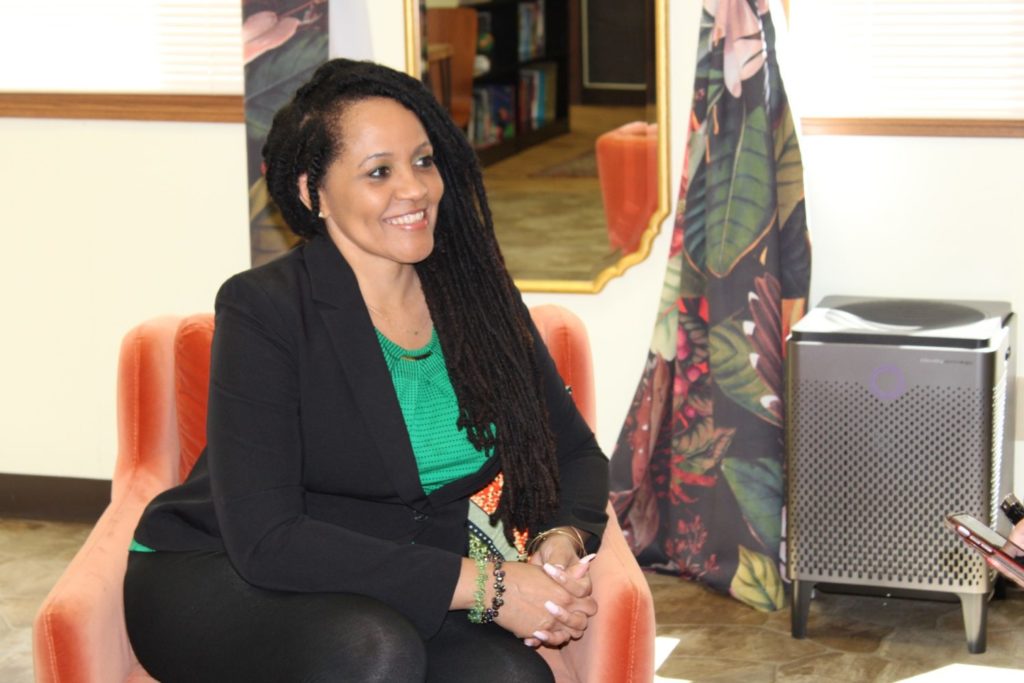
“I looked at the data at that point, and recognized that not only is Wisconsin a leader in racial health disparities, birth disparities, and economic social disparities across every measure of quality of life, but the numbers are looking worse than they did 10 years, 20 years ago. What does that mean for Black women when there’s no one really standing on the hilltop, and demanding accountability, a change?” Peyton-Caire asked herself. “And so we established the Foundation for Black Women’s Wellness to be that year-round vehicle and advocate to bring Black women’s health into the public space as a priority.”
Fast forward to 2022, the Foundation for Black Women’s Wellness is now celebrating its 10th anniversary, and with many accomplishments along the way. One of these accomplishments includes the rapid growth of its team, who all bring various perspectives and services to the table.
Included in the team is Alia Stevenson, a former volunteer and board member and now Chief Programs Officer. She was the foundation’s third full-time employee when she joined in April 2020, just months after the organization opened its own space on Madison’s west side. She was first introduced to the disparities in Black women’s health through her own experience of heart failure during pregnancy at the age of 26.
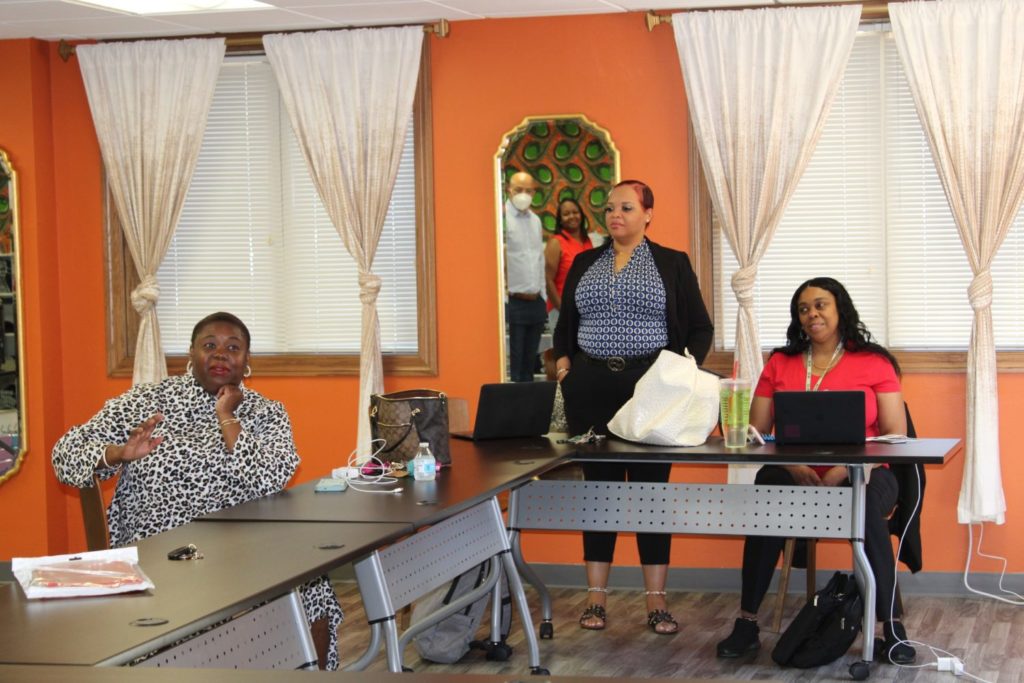
“We are the women and the families we are fighting for,” Stevenson said. “Each one of us here has a story and that’s what attracts us and influences folks amongst us. Unfortunately, it has to begin with a story and that’s what we’re trying to change. We’re trying to stop women from having these shared experiences that lead to advocacy within themselves, within their families, and communities.”
Similar to Peyton-Caire and Stevenson’s stories, the rest of the team were drawn to the organization through shared experiences of personal health complications or complications from family and loved ones around them. Together, the team and board members provide various services around Dane County: just a few include the health promotion and education events, such as “Morning Coffee,” which provides the community access to health and safety information; Black maternal & child health programs like “Saving Our Babies,” an initiative that aims to lower the incidence of low birth weight babies born to Black mothers in Dane County; and the Well Black Woman Institute (WBMI), a leadership training for Black women, which attracts fellows with diverse backgrounds such as community health workers, doulas, and licensed nurses or physicians.
With its abundant programs and services, it is evident that over the past 10 years, the Foundation for Black Women’s Wellness has rapidly grown to provide Black women in Wisconsin, and all over the nation, with the opportunity to secure their health and well-being. Asides from that, the foundation has gone above and beyond by creating a space that provides Black women a platform to become advocates and lead from the front.
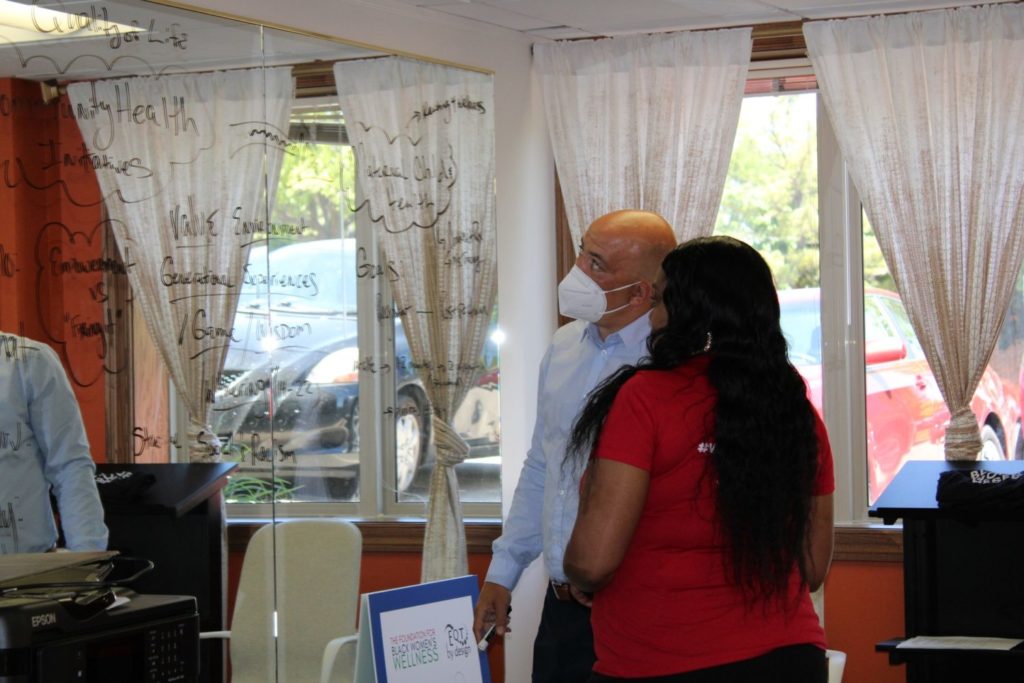
Jasmia Hamilton, the program manager for the FFBWW’s Well Black Woman Institute (WBMI), explains that its programs are “sort of breaking this myth that Black women are not positioned to lead. We know that there’s an archetype of a leader. There’s an archetype of a person who was deemed to be competent, who gets press time, who has access to academic publications, and that archetype is typically a white male. We are doing what the institute is saying that Black women have always held on to the knowledge and wisdom about how to change systems, how to change our communities, how to support and elevate our families. We know that Black women have assets and this is simply an opportunity to uncover those or give space and visibility for black women who are doing work all across the city and state.”
While growth in influence has been steady over the organization’s 10 years, its growth in programming and staff has been more recent and more rapid; since Stevenson joined in April 2020, 12 more people have come on board as program, administrative and community health staff.
In fact, that big beautiful new space that opened on Madison’s west side in February 2020 isn’t big enough anymore; while much of the organization’s programming takes place there, much of the staff works at a coworking space off the Beltline.
“Our biggest thing right now, aside from everything else we’re doing, is finding a permanent home,” said Chief Operating Officer Janine Stephens. “We need a permanent home that can house not only our current team, but as we continue to grow, programming, ambassadors, community space… we’re looking for a permanent home.”

























